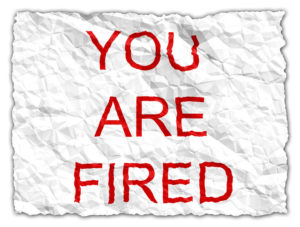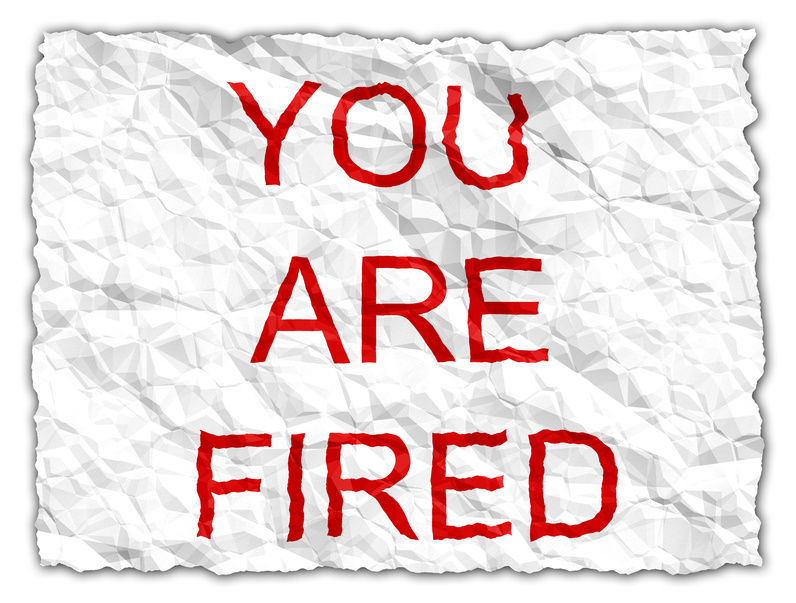 Take the example of two typical MBA graduates who were laid off from their positions during the recession. Both were distraught. Being fired provoked feelings of sadness, listlessness, indecisiveness and anxiety about the future.
Take the example of two typical MBA graduates who were laid off from their positions during the recession. Both were distraught. Being fired provoked feelings of sadness, listlessness, indecisiveness and anxiety about the future.
For one, the mood was transient. Within two weeks he was telling himself, “It’s not my fault; it’s the economy. I’m good at what I do, and there’s a market for my skills.” He updated his resume and, after several failed attempts, finally landed a position.
The other spiraled further into hopelessness. “I got fired because I can’t perform well under pressure,” he lamented. “I’m not cut out for finance; the economy will take years to recover.” Even after the market improved, he was reluctant to apply for positions and feared rejection.
How these individuals handled failure illustrates opposite ends of the spectrum. Some people bounce back after a brief period of malaise and grow from their experiences. Others go from sadness to depression to crippling fear of failure—and in business, inertia and fear of risk invite collapse.

